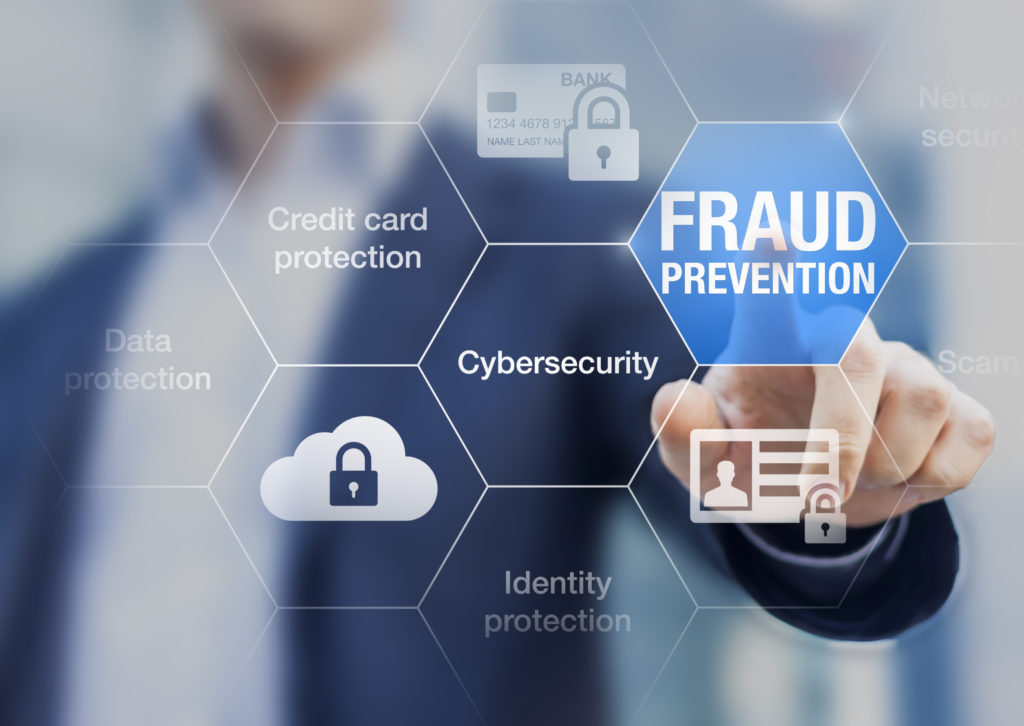Fraud. We hear about it online and in the news all the time and it’s a real issue which is concerning to many business owners. In fact, the Association of Certified Fraud Examiners annual report, stated that nearly half of all small businesses experience fraud at some point in their business lifecycle. In addition, the average loss for a small business (100 employees) due to fraud is slightly larger than $150,000.
It’s pretty staggering to say the least, but if you’re aware of the different types of fraud as a business owner, it can help protect you and your business from becoming part of the statistic. Let’s take a look at the most common forms of business fraud:
Duplicate Check Fraud
We all have bills we need to pay, right? And usually we have someone in accounting or our bookkeeping department helping us make sure that our bills get paid on time. The problem comes when you have one person responsible and no checks and balances in place.
For example, you have a bill that comes in for a service which was rendered. A check for $600 is written for that bill to said company and another check is written out to your employee doing the Accounts Payable for $100. Both checks are recorded on the books for the company in which the bill was paid for, now we’ve got some issues. That may not seem like a lot in the grand scheme of things but if this person had been doing this same thing for years, it can all add up real quickly and end up costing your company a large sum of money.
Payroll Fraud
Many companies who have hourly employees rely on the honesty of their employees when recording their time spent on work. It’s also no secret that most of us want to avoid being a micromanaging boss, but there should be checks and balances in place to keep employees honest while also protecting the company.
Construction companies, for example, rely on their employees to track their time spent traveling to and from job sites. Well, it can be very easy for someone to overstate their miles traveled or time spent on a job site, thus costing the company money each payroll period.
Credit Card Fraud
Credit card statements often go unlooked and paid each month without question. This is why it can be easy for someone who orders office supplies or routinely buys other items for the business to sneak in small personal purchases.
Review your credit card statements before paying them and if anything looks suspicious, keep an eye on it. If you start to see patterns, that’s a good time to have a conversation with the person handling your office purchases.
The overall theme here is that business owners need to be aware of the activity and cash that’s flowing in and out of their business to protect themselves from fraud. It’s not something that we like to talk about or even think will happen to us, but it’s very real and can be prevented.For more information, visit our Fraud Alerts & Reporting page.



